Lectures 1 and 2: https://www.youtube.com/watch?v=qP9J4RxgL2E&ab_channel=PPGBiodiversidade
Symposium 1: https://www.youtube.com/watch?v=VWi5yyVV_WI&ab_channel=PPGBiodiversidade
Lectures 3 and 4: https://www.youtube.com/watch?v=3grWRDkhoyo&ab_channel=PPGBiodiversidade
Symposium 2: https://www.youtube.com/watch?v=fxszy6f80Ww&ab_channel=PPGBiodiversidade
Lectures 5 and 6: https://www.youtube.com/watch?v=y0_8D3cmAyk&ab_channel=PPGBiodiversidade
Symposium 3: https://www.youtube.com/watch?v=uKF3-2g1zeo&ab_channel=PPGBiodiversidade
| Brasilia Time (GMT-3) | 13/10 | 14/10 | 15/10 |
|---|---|---|---|
| 9:00-10:30 | Lecture 1 | Lecture 3 | Lecture 5 |
| 10:40 - 12:10 | Lecture 2 | Lecture 4 | Lecture 6 |
| 14:00 - 17:00 | Symposium 1 | Symposium 2 | Symposium 3 |
*More details bellow
Registration
The registration is now open and is free!
Format
Lectures will be held in English and symposia, in Portuguese.
Youtube channel
https://www.youtube.com/channel/UCapXwz-mEL-ax9Ax7DO1URQ
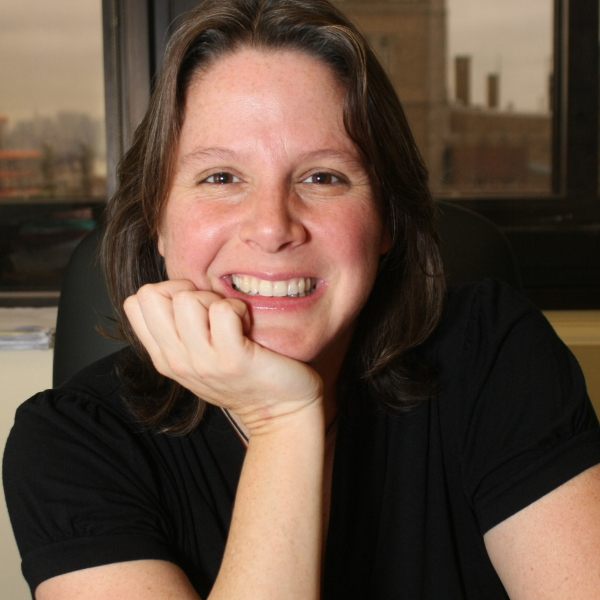
Lecture 1 - Historical biogeography and biodiversity patterns in the Atlantic Forest Lecture International Session · Ana Carolina Carnaval
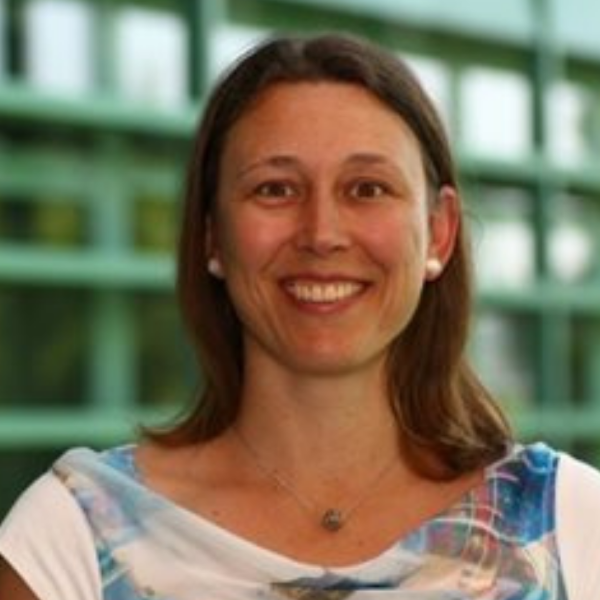
Lecture 2 - Feedbacks between climate and aquatic ecology Lecture International Session · Sarian Kosten
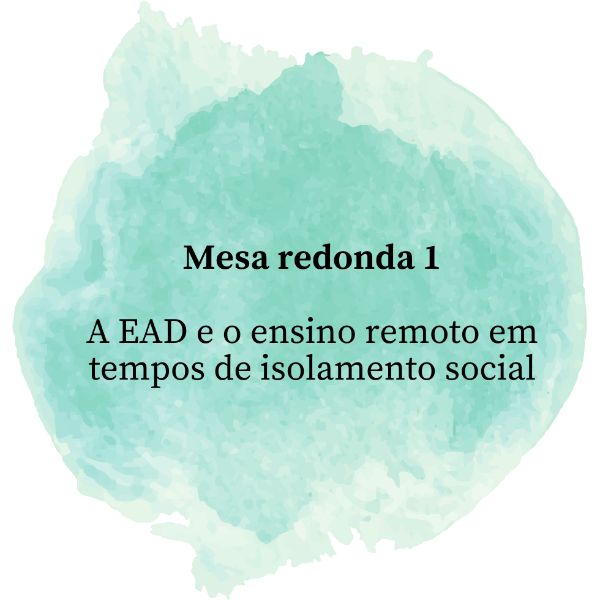
Symposium 1 - The distance education and remote learning in social isolation times Round table
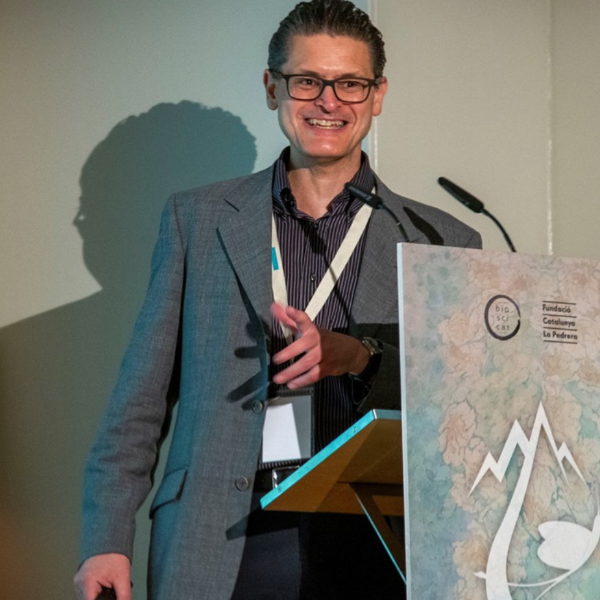
Lecture 3 - My beloved spring environments & ecohydrogeology Lecture International Session · Marco Cantonati
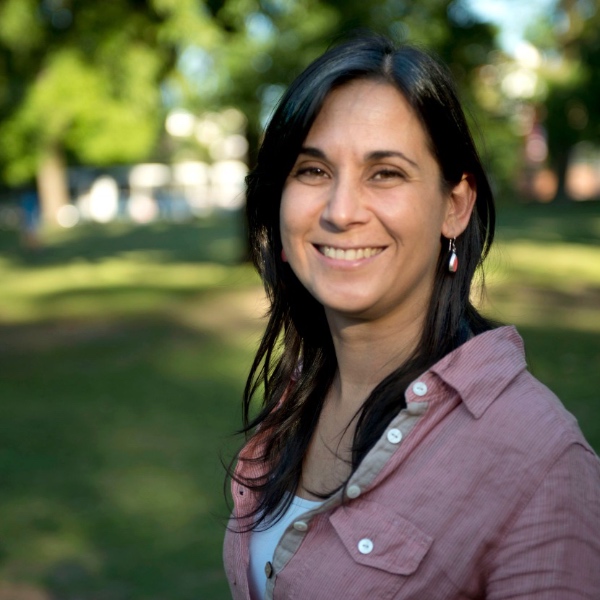
Lecture 4 - 2020: the year we learnt what uncertainty, complexity, and resilience can mean Lecture International Session · Mariana Meerhoff
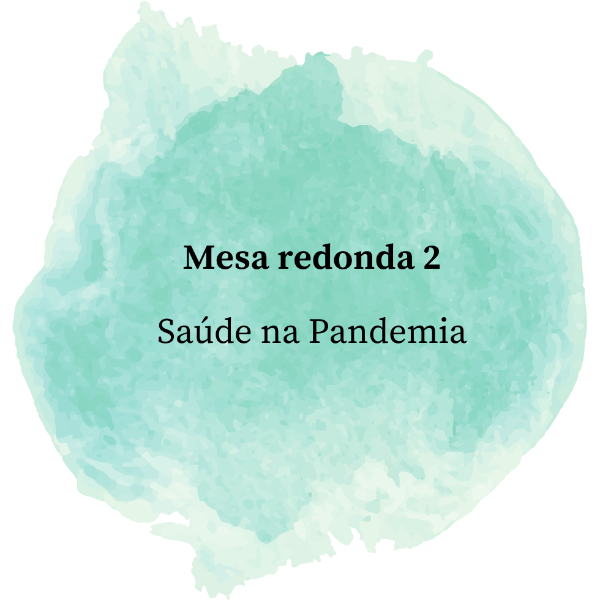
Symposium 2 - Health during the pandemic Round table
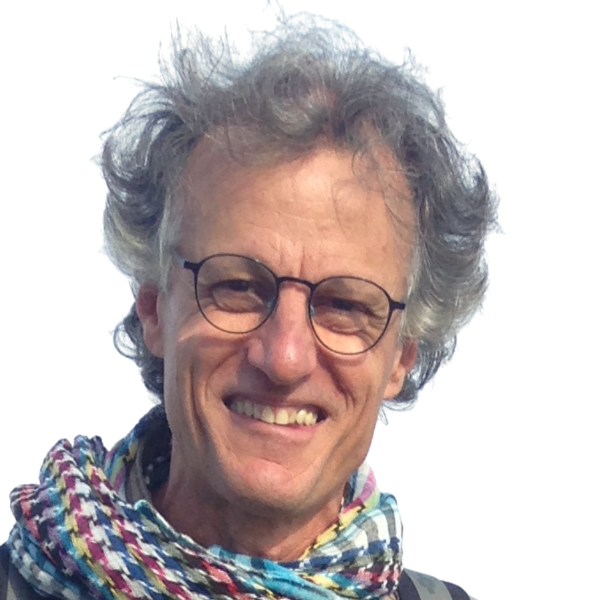
Lecture 5 - From individual to collective behavior: The organization of foraging and nest building in leaf-cutting ants Lecture International Session · Flavio Roces
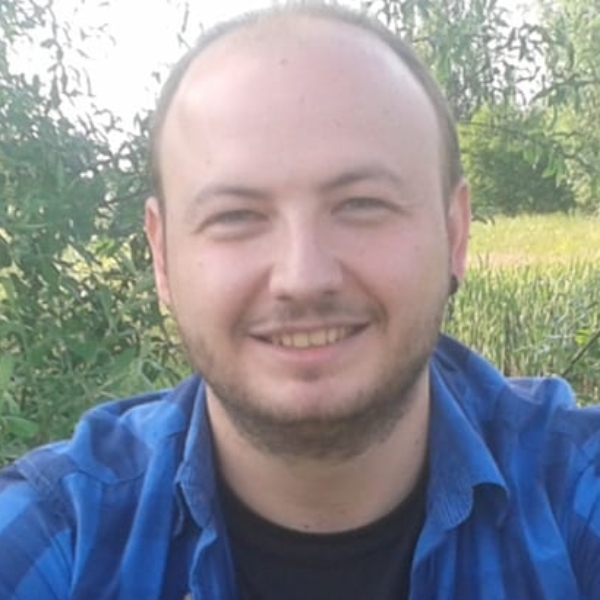
Lecture 6 - Ecological risk assessment of chemicals: current situation and future perspectives Lecture International Session · Andreu Rico
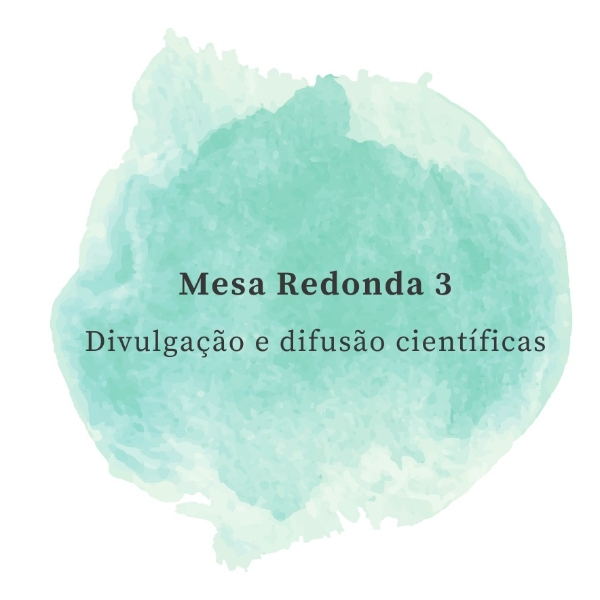
Symposium 3 - Scientific communication in social media Round table
Check-in will take place online, through a link sent by email to each participant.
Please describe below the reason for your complaint.
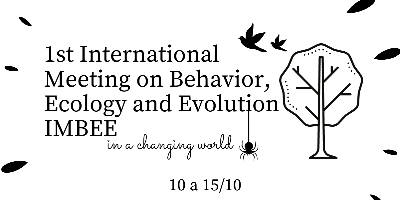
Programa de Pós Graduação em Biodiversidade e Conservação da Natureza - Universidade Federal de Juiz de Fora (UFJF) - Brasil
ICB - Universidade Federal de Juiz de Fora – Martelos, Juiz de Fora, Minas Gerais, Brasil – 36036-900
Phone: +55 (32) 2102-3223 or +55 (32) 2102-3227
imbee2020@gmail.com / ppg.biodiversidade@ufjf.edu.br
Ana Carolina Carnaval develops research in herpetology with the themes: Historical Biogeography, Biodiversity Prediction, Integrative Biology, and Phylogeography of vertebrates from the Atlantic Forest biome at the City University of New York (Campus College).
Sarian Koster holds a MSc degree in Environmental Sciences from Wageningen University. She worked several years in South America (IUCN & International Potato Center) on wetlad related projects. She defended her PhD-thesis at Wageningen University entitle: "Aquatic ecosystems in hot water: effects of climate on the functioning of shallow lakes". She worked as a post-doc at Wageningen University and at the Leibniz-Institute of Freshwater Ecology and Inland Fisheries (IGB), Berlin/Neuglobsow, Germany , and as a guest researcher at the Netherlands Institute of Ecology.
Currently, her main research areas are: The carbon balance of inland waters; Effects of climate change on aquatic ecology and water quality; Competition between different groups of primary producers (submerged and floating macrophytes, algae and cyanobacteria).
Marco Cantonati is a researcher in the Museo delle Scienze (Italy). He is an ecologist and works with freshwater ecosystems and ficology.
Mariana holds a PhD in Sciences at Aarhus University in Denmark. In 2011 she was recognized with the L'Óréal-UNESCO Award for Women in Science for the project "Ecosystem functioning in water bodies: effects of the degree of impact and the opening of the ecosystem". In 2015 she received the International Recognition of Professional Excellence in Limnology (IRPE) and the national Roberto Caldeyro Barcia-PEDECIBA Award.
Flavio Roces is a professor in the University of Wurzburg (Germany). He is an expert in animal physiology and behavior, with an emphasis on ants.
Andreu Rico is a researcher at the Aquatic Ecotoxicology group of the IMDEA Water Institute, Spain. He is involved in several projects aimed at assessing the environmental risks of agrochemicals and other emerging contaminants (e.g. pharmaceuticals, home-care products) by using lab and semi-field experiments, multivariate statistical techniques and biological trait information.